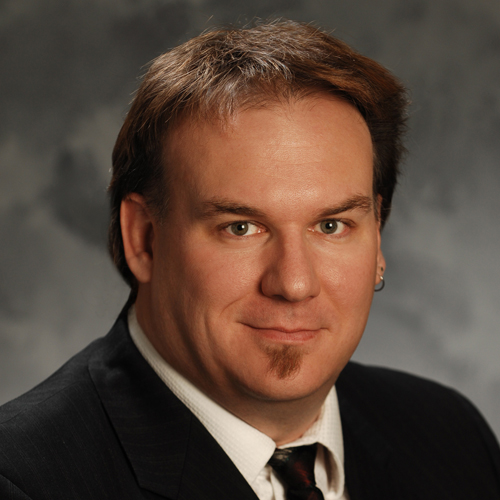Illuminating Unique and Innovative Approaches to Sustainable Business Practices
First off, throw away the mould of whatever preconceived notions you have about professors. At Sprott, you will find many faculty who are impressive think-outside-the-box academics. Rodney Nelson is no exception. But Rodney comes to the school from, perhaps, a less traditional path—one with such unique and eclectic experiences from around the world that have transformed his life in a way that gives him fantastic insights into humanity, a genuine compassion for life, and the best stories to share. Moreover, Rodney has an authentic passion to be an agent of change. He is excited to settle into his faculty role in International Business where he can share his worldly perspectives, inspire young minds, and revolutionize the way we think about business.

Before we can talk about his research program, you need to know where it all began. Rodney grew up in a military family who moved around a lot within Canada and abroad. This gave him the opportunity to see many different facets of social norms and cultures, and over the years, he continued to witness racial violence, poverty, and economic hardship in societies around the world. These experiences were a strong impetus for his interest in psychology and anthropology (thus earning two undergraduate degrees and a master’s in these fields).
But from a career perspective, what injected the business element to his passion, was his first “gig.” For many years he was a professional musician; the bass player in a semi-pro band. They were even on the Canadian version of MTV—MuchMusic! The music industry gave him his first foray into what the business world was all about, going on to run his own production company.
“I learned a lot about business in the worst industry possible.”
A self-described “life-long student,” Rodney attended university between tours and recording. After taking a break from music, Rodney entered the corporate world, wearing many hats, so to speak: entrepreneur in marketing and communications; ethics officer for Public Works and Government Services Canada; senior management roles. He led the National Pandemic Preparedness Working Group, helped created the Canadian Pandemic Preparedness Plan during the N1H1 pandemic, and represented Canada at APEC (Asian-Pacific Economic Cooperation). He became a certified director through the Director’s College at McMaster University’s DeGroote School of Business; sat (and sits) on many boards; and started the Global Governance Group, where he is the CEO. He completed a PhD. He is also an appointed Governor in Council as Trustee for the Canadian Museum of History and Canadian War Museum.
Now faculty at Sprott, Rodney has established a robust program with research in areas of international development, board governance (with a focus on board corporate social responsibility and ethics), continuity planning, agritourism, and Indigenous relations and cross-cultural communications. Wonderfully unique, he approaches all his projects through the lens of a musician, a psychologist, an anthropologist, an entrepreneur, an academic—even an eager life-long learner.
And, with Rodney’s vast expertise and insights, he is exploring innovative ways of looking at sustainability and social issues in business in his research. Rodney’s work in economic sustainability and agritourism in Northern Italy, for example, describes how small, once economically depressed communities are creating “locality” for local farmers, generating revenue and jobs through a regeneration of old farming practices. Young, educated locals are coming back to their homes, creating experiences for tourists that are enriching, authentic and immersive. Tourism is essentially refueling these little towns back to business with unique and successful business models. In fact, much of Rodney’s research centers around how small business ecosystems in Indigenous communities in Canada and around the world are creating successful business ventures, and he is inspired to share their success stories; narrating the ingenious ways members of communities have learned to overcome socioeconomic challenges and achieve entrepreneurial success. One publication describes economic development corporations in First Nations and their successful businesses, for which prompted many organizations to work with First Nations leaders to learn their ways, share strategies, and create synergistic collaborations. What is so fantastic, too, is that Rodney has experienced and witnessed, firsthand, the people and their practices—something Rodney is very proud of.
“Working with diverse people and understanding their ways and practices is so valuable. This gives you a true perspective on their issues and what their needs are. You can’t stamp a Western business model on sustainability.”
Rodney is clearly passionate about being an agent of change and being at Sprott feels right; it is the perfect fit and he is here to stay. And, what is he most excited about? Teaching. Years of entertaining crowds on stage, he sees the value in engaging students in a fun, interesting way—sharing his stories and injecting novel teaching pedagogy to higher learning. Sure, Rodney has worn many hats, but hey— “There are just too many fun things in the world, why wouldn’t you?”